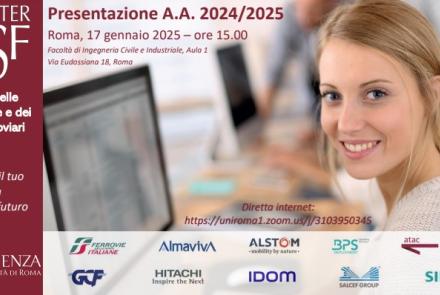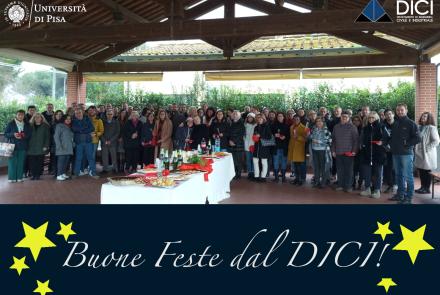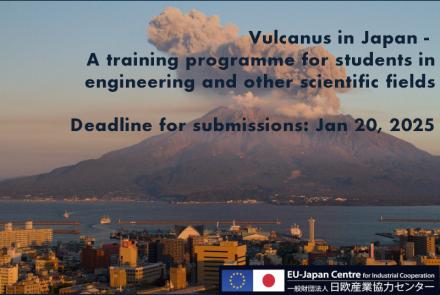CAMIVVER
Start date 1 September 2020
End date 31 August 2023
Project cost € 3 988 547,50
Project funding € 3 988 547,50
Unipi quota € 141 500
Call title NFRP-2019-2020
Funding scheme RIA - Research and Innovation action
Unipi role Partner
DICI Team Leader: Nicola Forgione
Codes And Methods Improvements for VVER comprehensive safety assessment
The water–water energetic reactor (known as VVER) represents an important part of the European energy market. Its safe long-term operation relies on the industrial use of neutrons and thermal-hydraulics codes and methods that allow us to study the conduct of the plant in regular and accidental conditions. However, these codes and methods are subject to international and extra-EU export controls. A new generation of innovative codes and methods that allow the opening of the VVER market to the EU nuclear industry has been developed. The EU-funded CAMIVVER project will improve the European codes and methods for the inclusive safety assessment of VVER reactors. It will take on the developments required for the new codes to be entirely applicable on VVER, generalise 3D multiphysics coupling and test safety assessment.
VVER reactors constitute a significant and dynamic part of the European energy market. The safe LTO of VVER (maintenance, refuelling, safety-upgrade, revamping) is based on the industrial use of neutronics and thermal-hydraulics codes and methods that allow studying the behaviour of the plant in normal and accidental conditions. The objective of CAMIVVER project is to develop and improve codes and methods for VVER comprehensive safety assessment. Such development is strongly required for the following reasons:
- Current codes and methods used for VVER safety assessment are subjected to international export controls from outside EU. Export controls from major countries have increase in the last years, threatening the EU sovereignty and security in terms of energy supply.
- A new generation of innovative codes and methods are being developed within Europe. These new codes and methods are improving 3D-multiphysics modelling capabilities, and uncertainty quantification capabilities. These codes and methods are worth being transferred from lab to industry as they will substantially improve the physics comprehension of PWR and VVER behaviour.
- European codes and methods development for VVER safety assessment will open the VVER market to the European nuclear industry and will support a free and fair competition on this market. To achieve this objective, CAMIVVER will perform developments required for the new generation codes to be fully applied on VVER scope (and to PWR scope too), CAMIVVER will generalise 3D-multiphysics coupling, CAMIVVER will perform experimental validation and benchmark against current industrial codes used for VVER safety assessment, and CAMIVVER will demonstrate CFD utility and compatibility with uncertainty propagation in the frame of a safety assessment.
Finally, CAMIVVER will provide guidance to European Safety Authorities, to VVER operators, and to the international research community, concerning the use of these innovative approaches of codes and methods development.
Coordinator
FRAMATOME, France
Other participants
- LIMITED LIABILITY COMPANY ENERGORISK, Ukraine
- INSTITUTE OF NUCLEAR RESEARCH AND NUCLEAR ENERGY - BULGARIAN ACADEMY OF SCIENCES, Bulgaria
- COMMISSARIAT A L ENERGIE ATOMIQUE ET AUX ENERGIES ALTERNATIVES, France
- ELECTRICITE DE FRANCE, France
- KARLSRUHER INSTITUT FUER TECHNOLOGIE, Germany
- UNIVERSITA DI PISA, Italy






